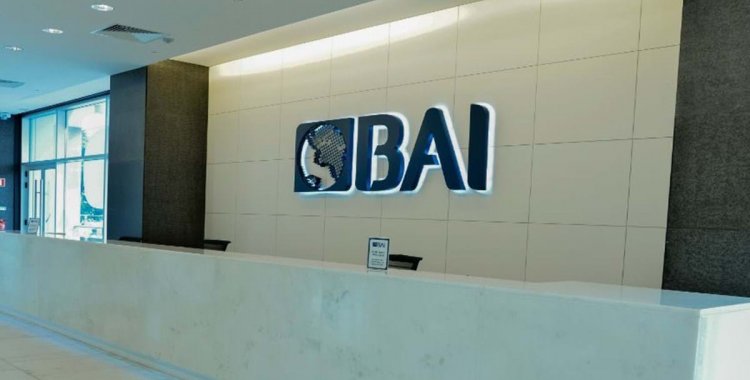In the complaint delivered this Monday to the Attorney General's Office (PGR), citizens ask for a criminal investigation to José Carlos de Castro Paiva for the alleged practice of economic and financial crimes.
According to the complaint, José Carlos de Castro Paiva, who was president of Sonangol UK (London), used his managerial position at that company to transfer a percentage of an investment by the state oil company in BAI to his own name.
The document recalls that when BAI was created, in November 1996, Sonangol was the main investor in the banking institution, with 18.5 percent of the shares, a position that decreased by 10 percent over time, this capital having been assumed by some of the company's directors, including José Carlos Paiva.
"There were no financial movements consistent with and justifying the private purchase of BAI shares by José Carlos de Castro Paiva", they indicate, adding that he "always behaved and still behaves like the true owner of the shares".
The capital will have been transferred through several transfer operations to entities based in the Bahamas (Arcinella Assets) and British Virgin Islands (Sforza Properties), as well as to Dabas Management, controlled by the former manager of Sonangol UK, which led to a 2010 US Senate investigation into BAI on suspicion that the banking institution was being used as a vehicle for money laundering by high-ranking figures in the Angolan regime.
At the time, the US Senate received "contradictory information" from BAI: "In order to avoid revealing the true identity of the beneficiaries, according to the aforementioned document, in January 2007, BAI declared that 13.5 percent of the shares held jointly by the two companies (Arcinella Assets and Sforza Properties) had been placed in the custody of José Carlos de Castro Paiva, as president of BAI. transferred "gradually to private individuals as they can generate wealth and buy shares".
The complaint states that in the US Senate report there is "a tremendous opacity in the disclosure and explanation of who the owners of BAI are and how they will obtain their participation", which indicates an "attempt to disguise a private appropriation of public goods ".
He also stresses that BAI "in somewhat equivocal language" states that José Carlos de Castro Paiva's ownership is merely fiduciary and that he would then transfer the shares to Angolan third parties and notes that BAI's shareholder structure is not yet transparent, the identity of the beneficial owners of five of the eight main shareholders.
In addition to Sonangol, the group of shareholders also includes Oberman Finance Corp (5.00 percent), Dabas Management Limited (5.00 percent), Mário Palhares (5.00 percent), Theodore Giletti (5.00 percent) cent), Lobina Anstalt (5.00 percent), Coromasi Participações Lda. (4.75 percent), Mário Barber (3.87 percent), Luís Lélis (3.00 percent) and unidentified 'Others', who share the remaining 54.88 percent of the capital.
"We believe that it is in the national interest that the PGR carry out an in-depth investigation into the way in which certain private entities and individuals who held public positions became shareholders of banks dominated by the public entities of which they were part, as is the case of BAI", write in the complaint Rafael Marques and Tânia de Carvalho.
They also recall that "the lack of transparency in Angolan banking and the promiscuity between private and public interests" was one of the reasons that led US official entities to forbid the access of the Angolan financial system to the US financial system.
The authors of the complaint end by stressing that this participation "is consistent with the defense of the credibility of justice" and because they believe that "the fight against corruption and the moralization of society must be carried out through the courts and not through mere street agitation, social networks, violent or non-constitutional means".







